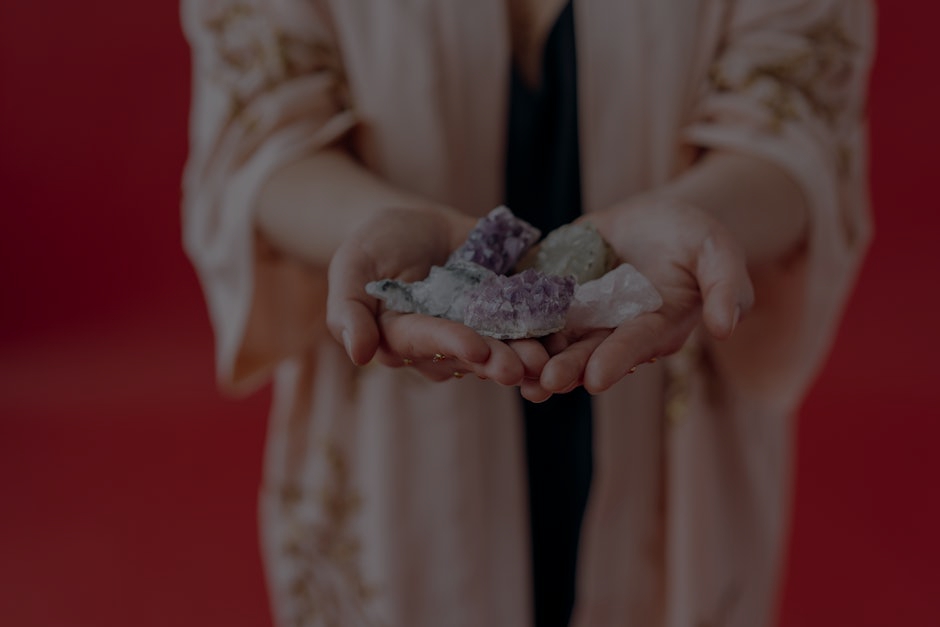**Abstract:**
Discover how to elevate your outdoor space by integrating Feng Shui elements into your garden design. This guide offers practical tips to create harmony and balance, enhancing your well-being.
Understanding Feng Shui Principles in Garden Design
Feng Shui, an ancient Chinese practice, emphasizes harmony between humans and their environment. In garden design, this translates into creating spaces that promote positive energy, or “chi.” By understanding the fundamental principles of Feng Shui, you can design a garden that not only looks beautiful but also enhances your mental and emotional well-being. The arrangement of plants, water features, and pathways plays a crucial role in achieving this balance.
Choosing the Right Location
The location of your garden significantly impacts its energy flow. Ideally, your garden should be situated in a place that receives ample sunlight while being shielded from harsh winds. A garden that is easily accessible and visible from your home creates a connection between indoor and outdoor spaces, inviting positive energy. Consider the cardinal directions as well; for instance, placing your garden to the south can enhance warmth and vitality, while a west-facing garden can foster creativity and inspiration.
Incorporating Water Features
Water is a powerful symbol in Feng Shui, representing abundance and prosperity. Incorporating water features, such as ponds, fountains, or birdbaths, can significantly enhance the positive energy of your garden. The gentle sound of flowing water not only soothes the mind but also attracts beneficial chi. Ensure that the water feature is clean and well-maintained, as stagnant water can lead to negative energy. Position it near the entrance or focal point of the garden to maximize its impact.
Selecting Plants Wisely
The choice of plants is crucial in Feng Shui garden design. Each plant carries its own energy and symbolism. For instance, bamboo represents flexibility and resilience, while peonies symbolize romance and prosperity. Choose a mix of evergreen and flowering plants to create a sense of continuity and seasonal beauty. Additionally, ensure that the plants are healthy and well-cared for, as dying plants can bring negative energy into your space. Group plants in odd numbers to create a more natural and harmonious look.
Creating Pathways for Flow
Pathways guide the flow of energy through your garden. Curved paths are preferred in Feng Shui, as they promote a gentle and smooth flow of chi. Avoid straight lines, as they can create a rushed energy. Use natural materials like stone or gravel for pathways, which blend seamlessly with the environment. Incorporate stepping stones or garden benches along the way, allowing for rest and reflection, enhancing the garden’s tranquil atmosphere.
Utilizing Color and Decor
Colors play a significant role in Feng Shui, each representing different energies. For instance, red symbolizes passion and luck, while green represents growth and harmony. Use colorful flowers, decorative pots, and garden art to infuse your garden with vibrant energy. However, balance is key; avoid overwhelming the space with too many colors. Instead, create focal points using contrasting colors to draw attention and create visual interest.
Maintaining Balance and Harmony
Regular maintenance is essential to keep the energy of your garden flowing positively. Remove any debris, dead plants, or clutter that can block chi. Regularly prune and shape plants to maintain their vitality. Balance is also crucial; ensure that no single element overpowers the others. By continuously nurturing your garden, you create a sanctuary that promotes peace and well-being, embodying the essence of Feng Shui.
Incorporating Feng Shui elements into your garden design can transform your outdoor space into a harmonious retreat. By focusing on the principles of location, water features, plant selection, pathways, colors, and maintenance, you can create a garden that not only looks stunning but also enhances your quality of life. Embrace the art of Feng Shui and watch as your garden flourishes with positive energy and tranquility.



